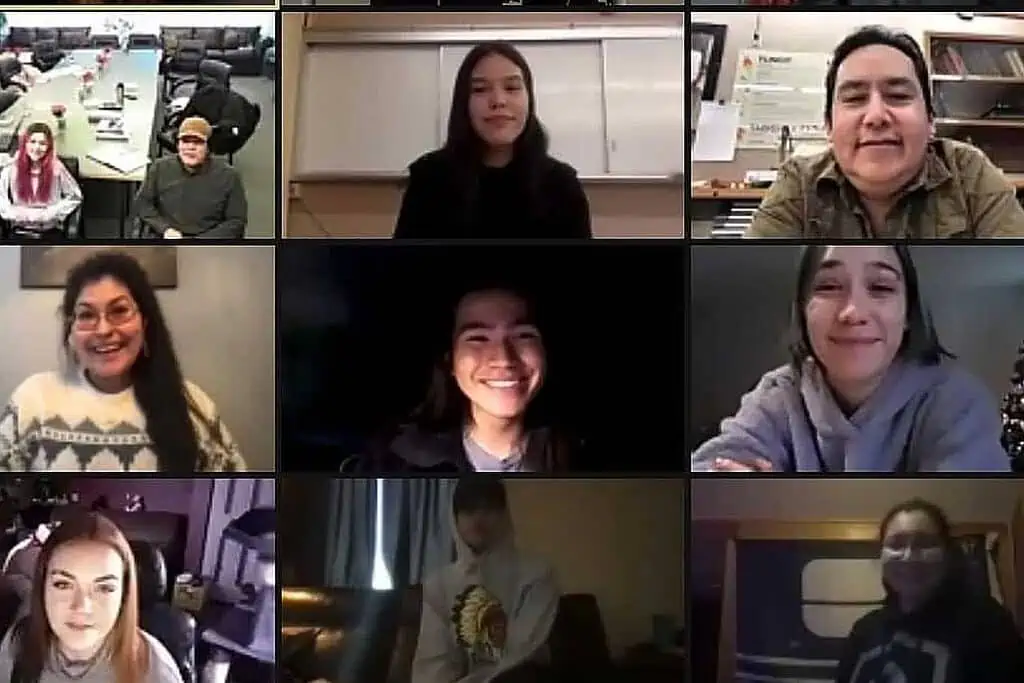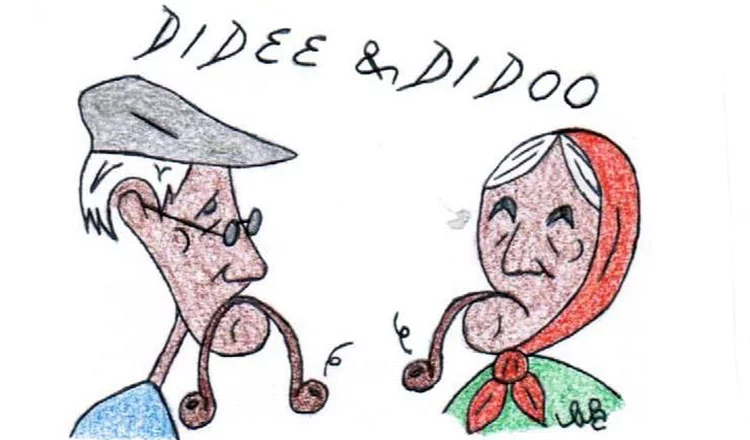“Bob’s your uncle” was given to the English language by the Brits
Our friend Bob is one of those congenial sorts, with a gentle demeanour. He would open a door for you, if that’s what was needed, or offer a handshake or a smile. He’s no pushover, mind you, and he has solid convictions. You can count on him for sound advice, and to be fair and kind. He also has what I like to call an appropriate sense of humour. He laughs with you, not at you. Aside from those attributes, he’s just fun to be around. So if Bob’s your uncle, you’re one lucky niece or nephew.
That was a roundabout way of introducing the idiom, Bob’s your uncle, which was actually suggested by Cheryl, Bob’s wife, who is equally kind and compassionate, as well as being both witty and well-read. Dear friends, both.
Now, on with the idiom …
Bob’s your uncle is commonly heard in Britain. Perhaps you’ve heard it if you enjoy watching British mysteries or if you listen to British sitcoms. It is thought, though disputed, to have originated when British Prime Minister Robert Gascoyne-Cecil (a.k.a. Lord Salisbury) showed obvious favouritism when he appointed his nephew Arthur James Balfour as Minister to Ireland. (Thanks, Uncle Bob!) And there you have it (and that is exactly what this phrase means—There you have it).
It’s also similar to saying “And that’s how it’s done” or “Easy as pie” or “There we are.”
It could be quite rightly spoken upon the successful completion of a set of instructions for just about anything and, although intended as a compliment, its meaning might be completely lost on the hearer who has no inkling of what is meant. It may also be said as a way of projecting a desired or expected outcome: “Do that and Bob’s your uncle!” Or it may be included in directions to a desired destination: “Want a great cup of tea and some good eats? Turn onto Second Avenue, go to Main Street, turn left and Bob’s your uncle!” Or, as your GPS might phrase it: “You have arrived at your destination.”
Thanks for this suggestion, Cheryl (and thanks to that helpful online resource, Wikipedia).





